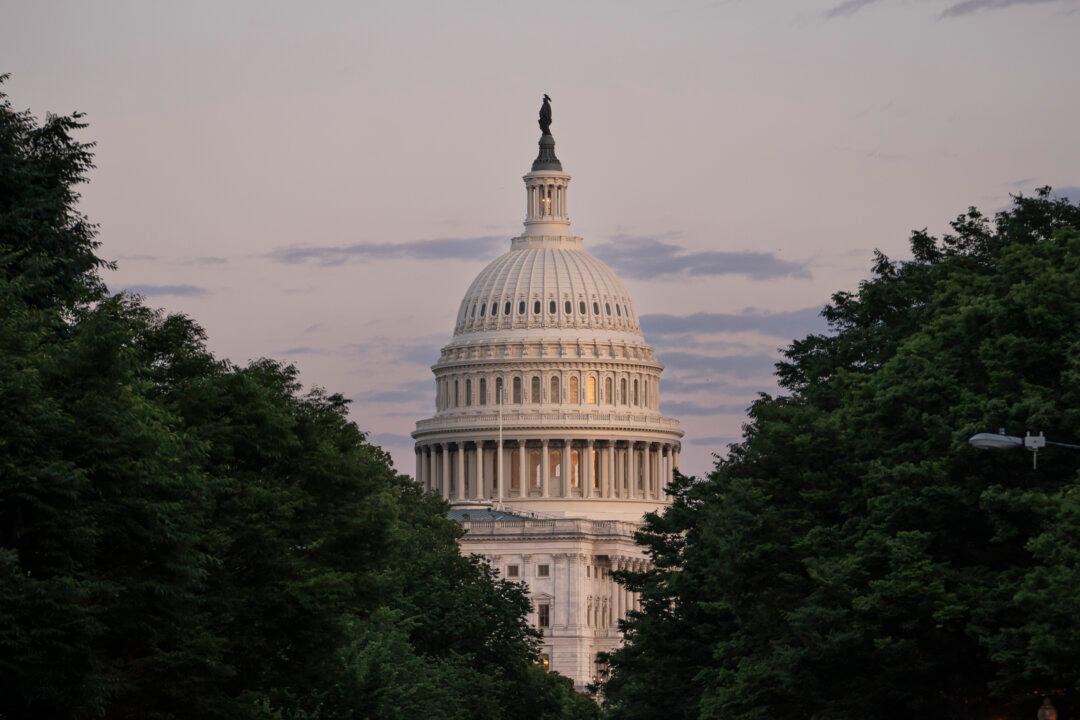Members of the House Appropriations Committee voted on June 13 to extend a pay freeze for members of Congress as their constituents struggle with rising costs of living.
The move came during the panel’s mark-up of the fiscal year 2025 appropriations bill for the legislative branch. Before sending the bill to the full House in a 33–24 vote, members voted to amend its language to block a cost-of-living adjustment for members of Congress.





